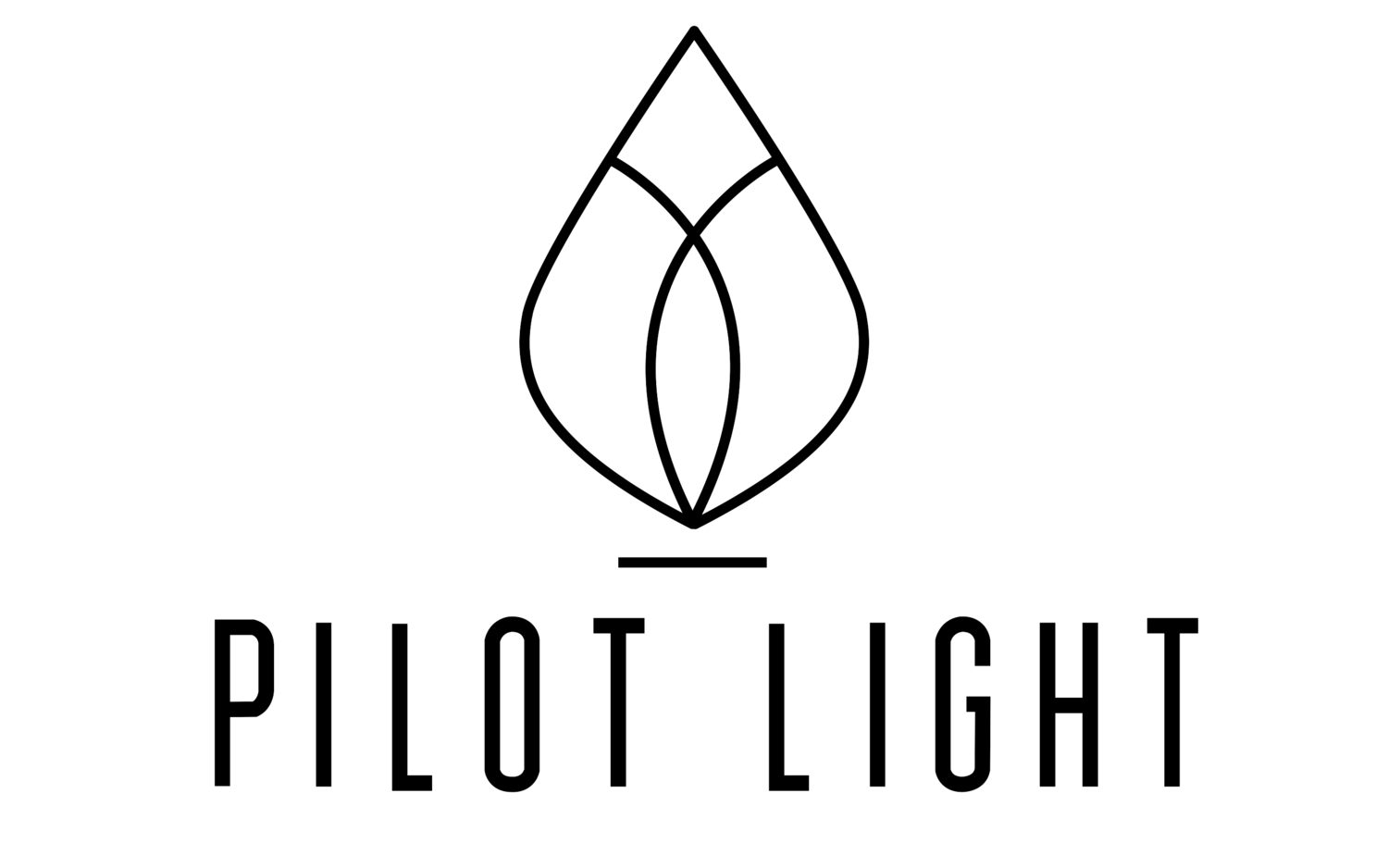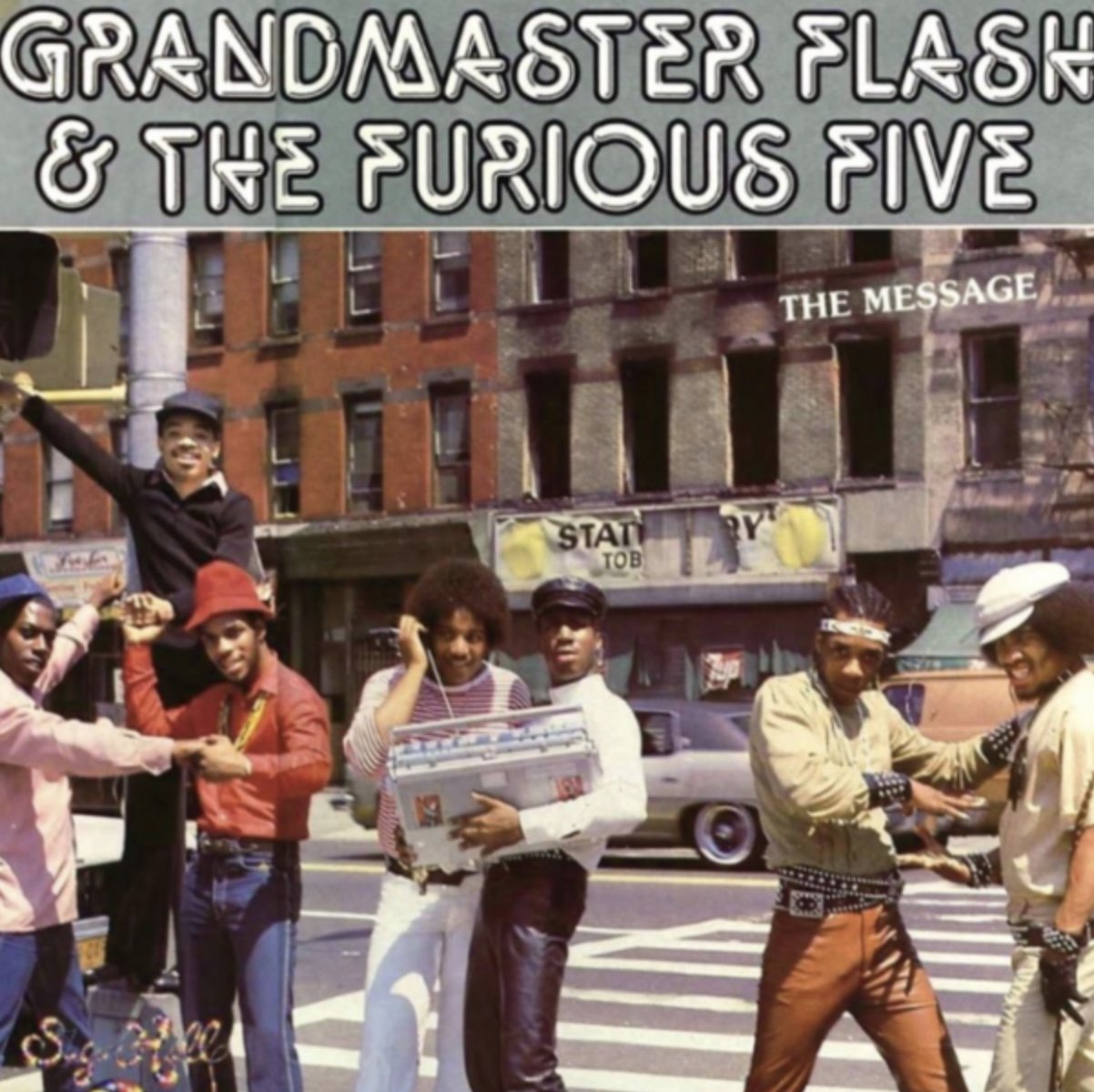Stop Being Human by Polly McGee
Back in 1982, Grandmaster Flash and the Furious Five released a song called The Message. It's regarded as the first rap song to have politicised the situation unfolding in the boroughs of NYC, and the escalating epidemic of crime, drugs and gangs that was destroying predominantly black and lower socio economic communities. The Message was one of those moments in music that enshrined genre and culture at the beginning of a time of change in how we consumed sound with video, and the use of technology to create beats and loops.
The whole song is an epic rap, but there are two lines towards the end that stood alone for me when I listened to it the other day, as if I had heard them for the first time:
"A child is born with no state of mind, blind to the ways of mankind."
It is this state of clarity and innocence which is the center of all spiritual teachings, a state of 'no mind' where we aren't trapped in knowledge and opinion but are in a place of wisdom and innate knowing. We are born with no mind, and many of us spend years trying to regain that place beyond the narrow vision of what we become when we separate into ego and the isolation of self. I often think when reading the philosophy of yoga and Buddhism, that the process we need to undertake to regain a life of union with our own divinity and connectivity with others is to become un-human, to be blind to the ways of mankind which are definitely not kind, and unfortunately often man.
In as somewhat paradoxical move, I like to think about this in relation to business and culture. Over the past years we have seen the banking and superannunation industries embroiled in scandle and drama, with shame, blame and apologies raining down from the CEO and Board, and the media full of discussion on culture setting and how an organization could have got it so wrong. Pilot Light works with cultures, many of them in the skew of toxic and corrosive. We specialize in turning the lumbering ships around, and we do this across a whole organization, harnessing the individual responsibility and moral compass within the humans that constitute the organisation which have in turn create the culture.
In the cases of the banks, clearly, individuals alone and together undertook decisions that would pass no sniff test moral or otherwise, but were empowered and enabled to. This is how mass murder is sanctioned and enabled. Dramatically different events, but the seeds of unspoken sanction remain the same. The welfare of one human is subordinate to another. The privilege and needs of one human is prioritised over another. Profit and personal gain trump ethics and compassion.
The banks aren't the only bad guys here, this is a mirror of a collective lapse in caring and compassion, which could and can be flipped. In The Good Hustle, I talk a lot about being in business as being in service, in a service of devotion where the customer is given everything they need in an act of love and devotion. The point of this is not that the business is anti-profit in this practice – it is that it is pro service.
In the case of the whole banking royal commission clusterfuck, this can be applied just as well. If being in service to shareholders and maximizing profit is the focus, EVERYONE works towards that. When the business is using values and other reasonable moral guidelines for behavior, then people are treated well, they are valued, they know they are valued as individuals and collectively and are rewarded appropriately. They are also likely to be aware that with profit comes power, and the capacity to invest in the families and communities that are the extension of their staff. Their investments and distribution of wealth is ethical, and everyone wins in a virtuous cycle.
When people are unseen, unheard, unvalued, pushed to their limits with behavior modeled all around them that shows that ethical breaches are rewarded and human life is only as good as meeting the next KPIs, it triggers behavior based on fear and the need to fit in and be part of a pack. My reference to the behavior of perpetrators in any horrific situation earlier was not one of condoning or excusing, but of recognizing that when we are operating from fear and being alone and singled out, our collective nature is largely to survive, not to be noble and ethical, as evidenced by history perpetually. That way of living is laced with suffering, for all concerned.
In strong positive cultures, peer-based values are supported, ethical breaches are policed internally and self-responsibility means that everyone looks out for one another – they are in service to humanity and that is what motivates, compassion and happiness for others. This doesn’t have to operate in a binary of profit vs compassion. Both can exist in harmony, except when all too often our humanness of greed and attachment to desire overrides our belief in our essential Buddha nature and the pursuit of freedom from suffering for all sentient beings. In this state we couldn’t, wouldn’t bear to see another ripped off, or swindled, or hungry, or homeless, as we would know that there was enough, and sharing it with others in no way could diminish our own happiness.
The recommendation from Buddhism is that to break with the root of samsara, which is the cause of all our attachment, we have to break with our humanness. For you and I in our lives in transition to being good hustlers, it means that we are accepting that gradually, as we get further into our spiritual practices and our search for self, the sense pleasures and material attachments that our fellow humans are oriented to are no longer our motivations.
In making these choices, we remove our ‘humanness’ as we remove our attachments to the primary causes of suffering and work towards service to others. It is a big and interesting concept, which also loops us back to the heart of the idea of impermanence. If we aren’t what we know to be the label of human ie our self and identifies, our jobs and our big bonuses and our status, what and who are we? The answer is, it doesn’t really matter if what we are is compassionate and loving.
Stop being human. Find your state of no mind. Even if it takes a lifetime.

